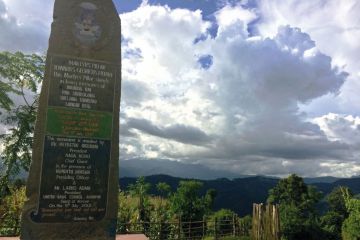
It was a moment long awaited, indeed prayed for, though few believed it would happen. The odds were stacked against it, with a compliant election commission, constituencies gerrymandered beyond recognition, political opponents jailed or otherwise silenced, the media muzzled and bonuses, gratuities and grants doled out right, left and centre in the last three years whether you wanted it or not. It required nothing less than a miracle to turn the tide. In a most unlikely turn the miracle did happen





